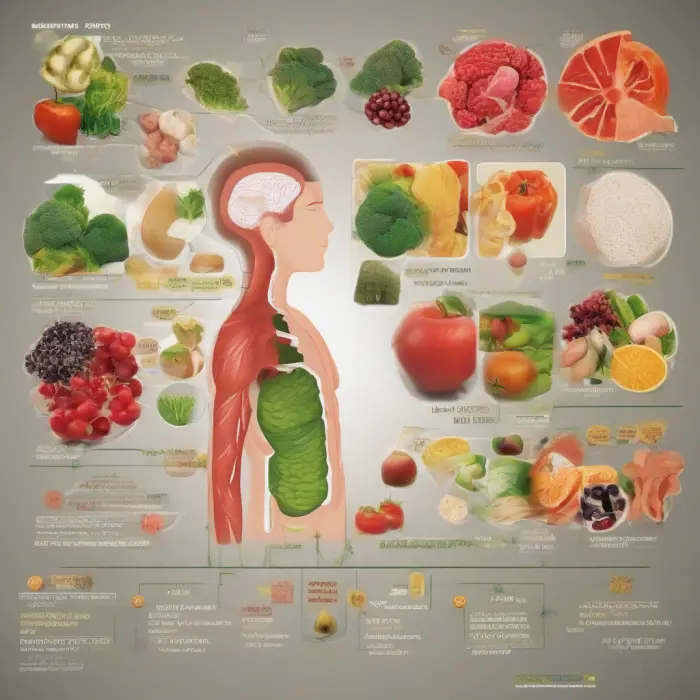Effective Study Techniques for Students
The academic success of a student is significantly impacted by the effectiveness of their study techniques. This article explores various strategies for studying effectively and reaping maximum benefits from your study sessions.
Setting Study Goals
Goal setting is crucial in any endeavor, including studies (Locke & Latham, 2004). Clearly defined academic goals guide a student's studying process, helping them focus their efforts and remain motivated. They offer a sense of direction and also provide a measure against which progress can be gauged.
Learning Actively
Passive learning typically involves reading textbooks or class notes and memorizing the content, which yields fewer benefits compared to active learning (Bonwell & Eison, 1991). Active learning, however, engages other senses and facilitates better recall. Drawing diagrams, summarizing information in your own words, teaching what you've learned to others, and using flashcards are all forms of active learning.
Using the Pomodoro Method
This is a time-management strategy developed by Francisco Cirillo in the late 1980s. The technique involves dividing study time into 'pomodoros' or time blocks typically 25 minutes long, separated by short breaks of up to five minutes. After completing four 'pomodoros', take a longer break of 15–30 minutes. This method balances intense concentration with moments of relaxation, improving overall study productivity.
Distributed Practice or Spaced Repetition
Cramming, or massed practice, often leads to quick forgetting of information. On the other hand, distributing learning over time or spaced repetition, leads to better information retention (Carpenter & DeLosh, 2005). It involves reviewing learning materials at increasing intervals over time. This technique reinforces the learned content and helps move it from short-term to long-term memory.
Using Mind Maps
Mind maps are a visual note-taking style that can help in understanding complex topics. They involve drawing a mind map with a main idea in the center and related ideas branching out from it. This displays the hierarchy and relationships between different ideas effectively.
Getting Enough Rest
Lastly, it's essential to understand that rest is a crucial part of effective studying. Adequate sleep enhances memory and cognitive functions critical for learning and also allows your brain to consolidate new knowledge (Walker, 2009).









